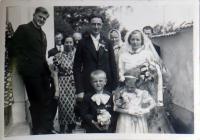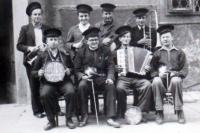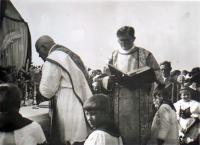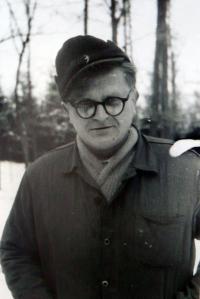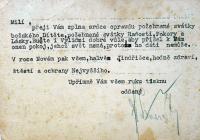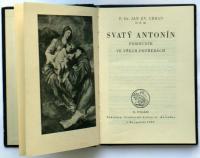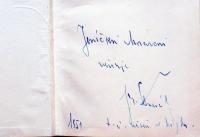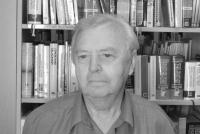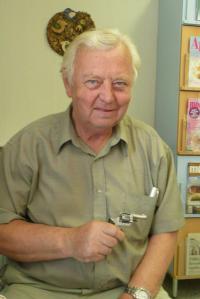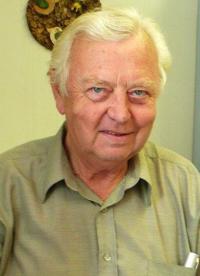Treat others as you think that they should treat you
Jan Moravec grew up in Horní Počernice, where he was born in 1941 into a Christian family. He remembers several events that he perceived as a child during World War Two and later during the 1950s, a period which he regards as a true age of darkness. His life was significantly shaped by his friendship with vicar František Štverák, who was an influential personality in the modern history of our country. Jan Moravec studied the faculty of electrical engineering at the Czech Technical University (ČVUT) in Prague and after graduation he received a job placement in a communications company in Hradec Králové. Subsequently he worked in the construction department of the factory Pal in Počernice and then in Narex Šestajovice, where he became the branch manager. After the Velvet Revolution in 1989 he worked in its parent company in Prague. Although he was being persuaded to join the Communist Party, he never became its member: he did submit his application in 1987 when he believed that the situation has changed, but he was rejected for his religious beliefs. Since early on, Jan has been interested in nature, he is a member of the Hunters’ Association and he recalls the situation in the Association during the communist regime. In 1989 he took part in the protest rallies in Prague and he was actively involved in politics after he became a member of the Civic Forum. Jan Moravec was elected into the municipal government in Horní Počernice after the Velvet Revolution and he significantly contributed to the development of this Prague borough.

